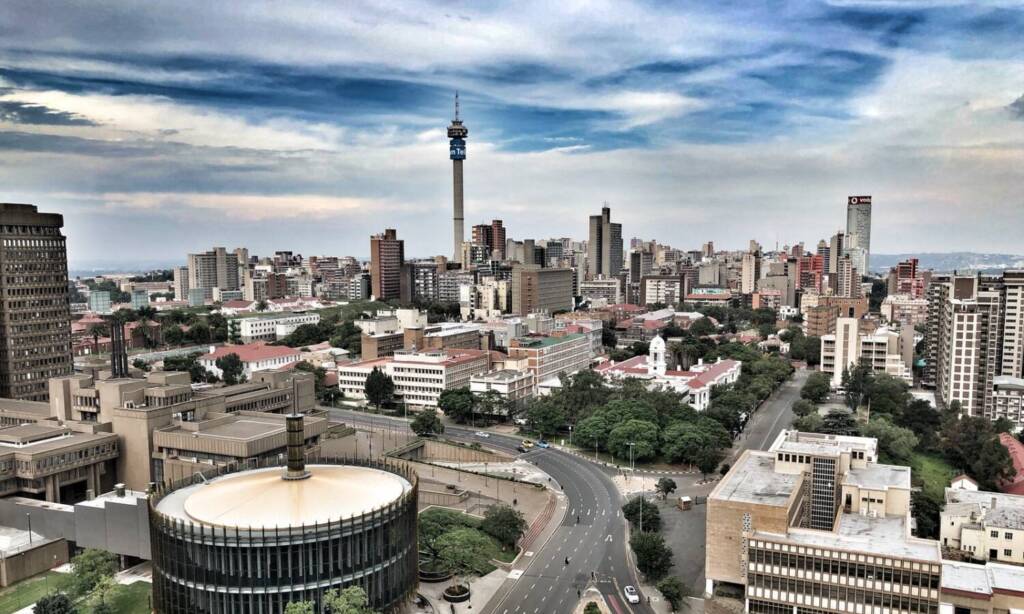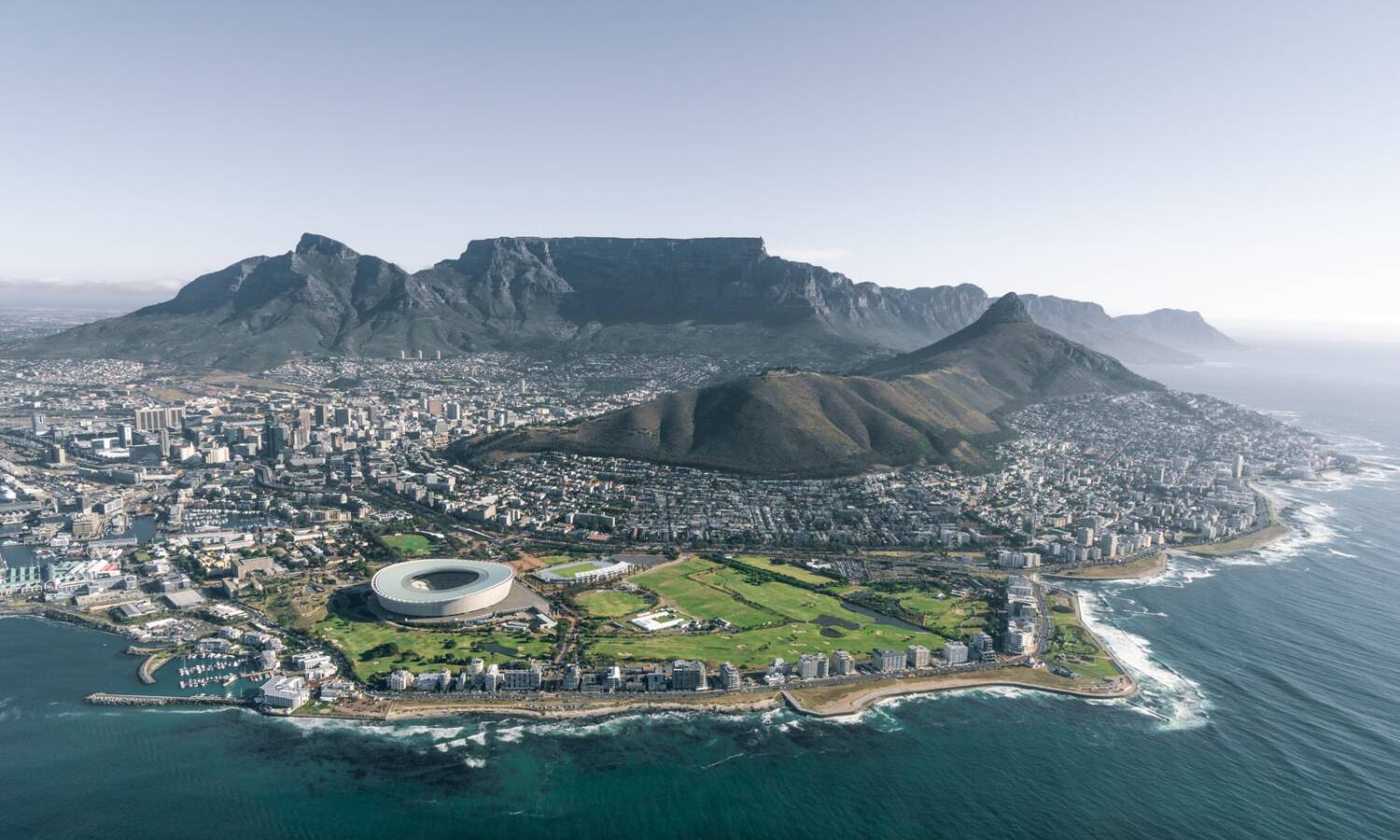The progress of cannabis reforms could mean added incentives for cannabis farmers and a new product for the country to market globally.
This article originally appeared on Cannabis.net and has been reposted with permission.
The South African cannabis industry has been at a standstill for a few years, despite declarations from the government to speed up reforms. Recently, the federal government of the African country promised to accelerate its proposed reforms to boost the industry’s might.
South Africans are preparing for a new phase in their cannabis industry. The proposed reforms promise to help the sector and its operators thrive. This is quite unlike other African countries that have continued to remain blind to the medicinal and economic potential of cannabis reforms.

Progress, At Last!
With regards to federal cannabis reforms, South Africa is one of the very few countries that appear to be moving forward. The majority of countries in the world are in the naysaying band right now, with very little chance of budging. The South African government announced its plans to develop a regulatory framework for the growing local cannabis industry. The first time this plan was announced in 2019, the government failed to take it up. However, this recent development is supported by the President himself, and thus alone, is a turbo boost to the movement.
On February 10, South Africa President Cyril Ramaphosa announced that the cannabis industry is a significant part of the country’s economic plan. His administration plans to open up the domestic cannabis industry to draw in more investors and create thousands of jobs for South Africans. The president disclosed this after the joint sitting of the federation’s National Assembly and National Council of Provinces in Cape Town.
While delivering the State of the Nation Address (SONA) to crucial government members, he emphasized the importance of expanding the fledgling local industry. Cannabis plants are in high demand across the world right now, so it would be economically wise to tap into the global market by cultivating large amounts of cannabis plants for export and further processing.
As many as 130,000 jobs would be created by expanding the local cannabis industry in the country. The potential worth of the industry could be at least $1 billion. Just imagine the many foreign investors who pour into the country to get involved. Recall that the post-pandemic era was plagued with inflation, job scarcity, and overall low quality of life. The cannabis industry could offer an excellent solution to this.
The government plans to use Lesotho as a blueprint for its cannabis industry framework. The president of the industrialized nation plans to reduce the lengthy procedures currently in the cannabis and hemp sectors to allow them to grow at a fast rate. They aim to refine the regulatory and policy framework of the industry to make things better and easier to run.
A Renewed Focus On Cannabis Reforms
Ranaphosa explained that the country needs to harness the cannabis industry for economic growth and medicinal breakthroughs. He said the federal agencies would work together to speed up and modify the policy and regulations that permit the use of cannabis for medical purposes. The move will also make the drugs more accessible for residents in KwaZulu-Natal and the Eastern Cape.
RELATED: Experts Predict These Countries Will Legalize Cannabis In 2022 (The US Is Not Among Them)
This renewed focus or interest in cannabis reform is an unusual turn of events in this part of the world. It is also an exciting choice for an African country to consider the POST-COVID economic recovery measure. South Africa has a keen eye on international cannabis trade in the future.
Since 2020, cannabis advocates in South Africa have been clamoring for the Cannabis for Private Purposes bill in parliament. But, nothing worthwhile has been done since its introduction in late 2020. until this newest plan was announced, this draft bill proposed that adults possess and grow cannabis in their homes for personal consumption. It contains comprehensive information on the rules and guidelines for cannabis growers and recreational users.

This newfound focus will not be limited to the cannabis industry alone. The President further explained that his administration is working on other plans to boost the productivity of other promising sectors. He says he is committed to creating and maintaining a good business environment in all country regions.
Should This Be A Priority?
Cannabis reforms in South Africa have moved slowly over the years. This latest development has been long-awaited, but that’s not enough reason to consider it the best move at the moment.
In 2018, South Africa’s Constitutional Court ruled in favor of cannabis reforms for self-cultivation and private consumption. The court’s decision included a two-year timeframe within which the legislature was to have passed the law. Unfortunately, COVID came barrelling in 2020 and threw all cannabis reform legislation out the window. Ramaphosa’s announcement means that the legislative foot-dragging and avoidable delays will finally come to an end.
RELATED: Ireland: People With Chronic Pain Want Access To Medical Cannabis
As of yesterday, the details of the proposed bill had been massively criticized as being confusing and overly strict. The bill includes a provision for records to be expunged for minor, non-violent offenses. Still, it does not give in-depth info on how the industry could be commercialized for global reach, nor does it explicitly describe how lawmakers would implement the law. An example of the confusing provisions states that smoking in public attracts a prison sentence of up to two years, while a four-year prison sentence will follow smoking among children.
In truth, the proposed legislation looks best for private growers and users, with little consideration given to large-scale cannabis production and sales. The proposed penalties will also be more of a menace to the weak, poor, and vulnerable areas in the country.
Bottom Line
As it stands, Ramaphosa’s team is not being completely altruistic with the proposed reforms, but instead, they see them as a means out of an ailing economy. To many, the reason does not matter as long as it gets the reforms approved.
The progress of cannabis reforms could mean added incentives for cannabis farmers and a new product for the country to market globally. It is unclear whether or not this administration will approve these cannabis reforms anytime soon, but be sure that the internal pressure to provide potential support for the distressed economy might help them stay on course.
In Ramaphosa’s words, South Africa is in a fight for the reputation and soul of the industrial nation. Whether or not they’d be defeated depends on their tenacity.
This article originally appeared on Cannabis.net and has been reposted with permission.


